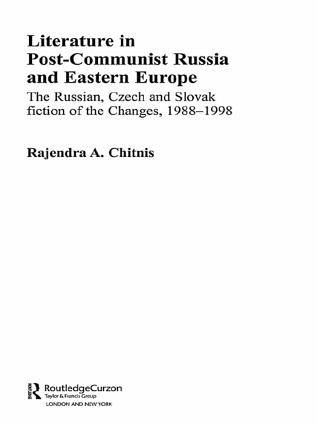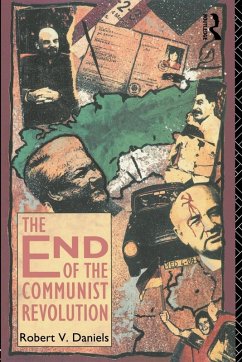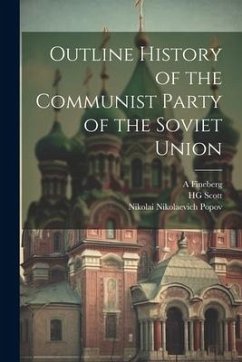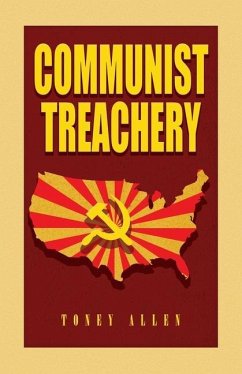
Literature in Post-Communist Russia and Eastern Europe
The Russian, Czech and Slovak Fiction of the Changes 1988-98
Versandkostenfrei!
Versandfertig in 1-2 Wochen
60,99 €
inkl. MwSt.
Weitere Ausgaben:

PAYBACK Punkte
30 °P sammeln!
This book considers Russian, Czech and Slovak fiction in the late communist and early post-communist periods. It focuses on the most innovative trend to emerge in this period, on those writers who, during and after the collapse of communism, characterised themselves as 'liberators' of literature. It shows how these writers in their fiction and critical work reacted against the politicisation of literature by Marxist-Leninist and dissident ideologues, rejecting the conventional perception of literature as moral teacher, and redefining the nature and purpose of writing. The book demonstrates how...
This book considers Russian, Czech and Slovak fiction in the late communist and early post-communist periods. It focuses on the most innovative trend to emerge in this period, on those writers who, during and after the collapse of communism, characterised themselves as 'liberators' of literature. It shows how these writers in their fiction and critical work reacted against the politicisation of literature by Marxist-Leninist and dissident ideologues, rejecting the conventional perception of literature as moral teacher, and redefining the nature and purpose of writing. The book demonstrates how this quest, enacted in the works of these writers, served for many critics and readers as a metaphor for the wider disorientation and crisis precipitated by the collapse of communism.














